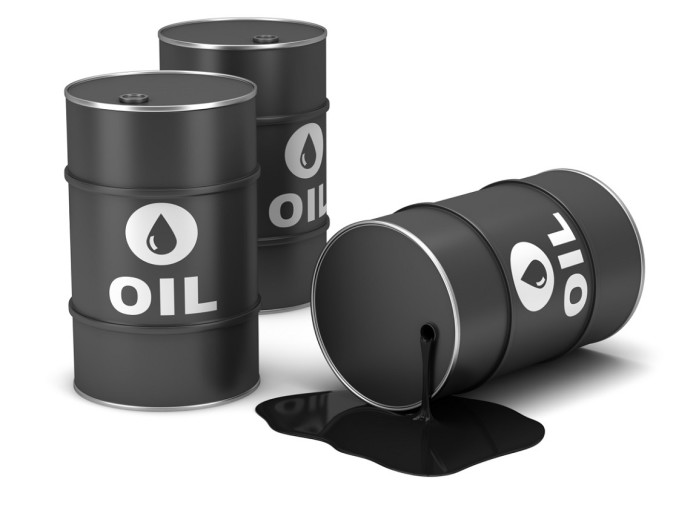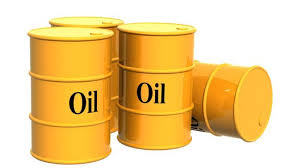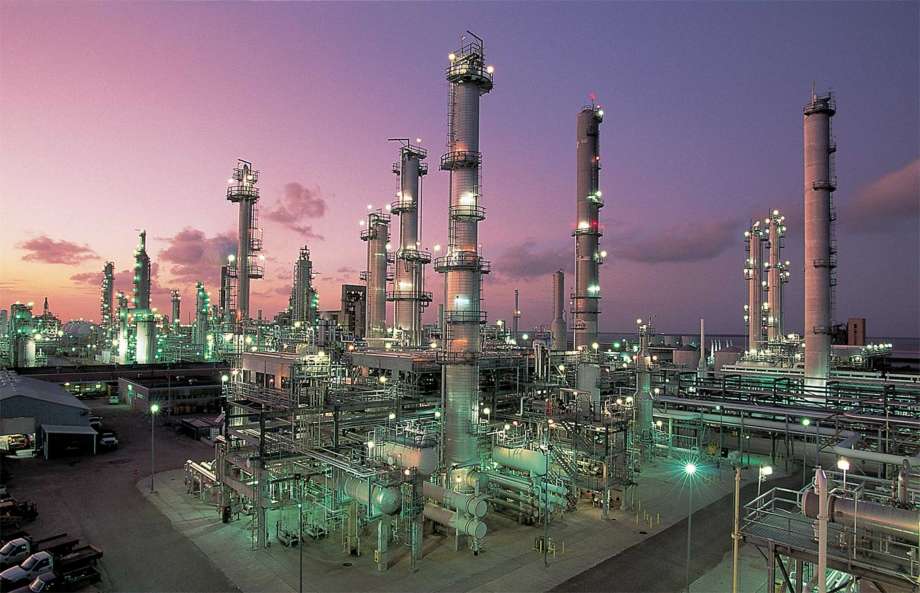
New York — Oil rose more than 2% in volatile trading on Friday after a sell-off earlier in the week erased about 7% from prices as a new wave of coronavirus infections across Europe dampened expectations of any imminent recovery in fuel demand.
Brent crude was up $1.38 a barrel, or 2.1%, at $64.63 a barrel by 1:12 ET (16:12 GMT). West Texas Intermediate (WTI) U.S. crude rose $1.42, or 2%, to $61.45. Both traded within a wide range of more than $2 a barrel on Friday.
Oil fell about 7% down on Thursday as several large European economies reimposed lockdowns and vaccination programmes were slowed by distribution issues and concerns over potential side effects.
The market turned bullish on Friday, buoyed by a sentiment that the sell-off was overdone.
“The sell-off is going to put into motion some things that could have slowed the rally,” said Phil Flynn, senior analyst at Price Futures Group in Chicago. “OPEC is going to be more concerned about COVID, so this increases the odds that they will extend production cuts yet again, and with the sharp drop in the price of oil, it might reduce the incentive of the U.S. shale producers to get ahead of their skis.”
U.S. shale production has contributed to oversupply as demand has cratered due to the coronavirus.
U.S. drillers added nine oil rigs in this week, the biggest weekly increase since January. At 318 rigs, the count is the highest since May, oil services firm Baker Hughes said.
Meanwhile, concerns about the vaccine roll out also limited the markets gains.
Germany, France and other countries have announced the resumption of inoculations with the AstraZeneca shot after regulators declared that vaccine safe, the programme halt has made it harder to overcome resistance to vaccines among some of the population.
Britain also announced it would have to slow its COVID-19 vaccine rollout next month because of a supply delay.
Goldman Sachs said headwinds related to European Union demand and Iran supply would slow the oil market rebalancing by 750,000 barrels per day (bpd) in the second quarter, though it expects the OPEC+ grouping of the Organization of the Petroleum Exporting Countries and allies to take action to offset that.
Iran has moved record amounts of crude oil to top client China in recent months while India’s state refiners have added Iranian oil to their annual import plans on the assumption that U.S. sanctions on the OPEC supplier will soon ease.
Goldman expects a significant increase in global oil demand in the coming months, with its Brent forecast rising to $80 a barrel this summer.
(Additional reporting by Ahmad Ghaddar in London, Shu Zhang in Singapore and Aaron Sheldrick in Tokyo; Editing by Marguerita Choy and Frances Kerry)
Follow us on twitter



